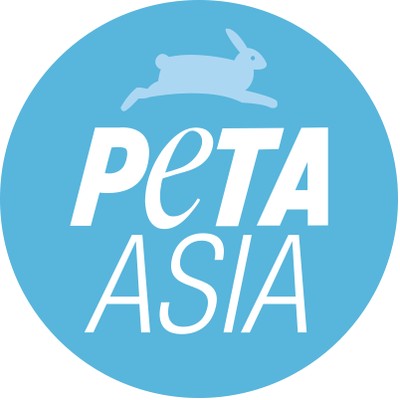
 Dear Editor,
Dear Editor,
As places in Thailand re-evaluate their position in the midst of the pandemic and ponder how tourists will or won’t be spending their money in the coming year, now is the time to remind everyone that having fun should never include causing harm. Exploiting animals is bad for them and bad for business.
There’s growing recognition that keeping animals confined to cramped cages for the public’s amusement is ethically indefensible. At zoos – including Samut Prakan Crocodile Farm and Zoo and Chiang Mai Zoo – animals are in lockdown for life and have no choice concerning their food, mates, or living companions.
If you think quarantine has been hard on humans, imagine how animals like Bui Noi – a lonely gorilla suffering at the Pata Zoo – must feel. She’s been isolated there in a concrete cell since 1983.
No one should underestimate the significant health risks associated with petting wild animals and other such interactive exhibits. Tigers and primates can contract COVID-19 from handlers or visitors. Animals with underdeveloped immune systems may be less resistant to it.
Elephants in Thailand are taken away from their home and herd and forced to spend most of their lives in chains, living in fear of being prodded with sharp metal-tipped weapons. Tourists who pay to ride or bathe an elephant are responsible for this cycle of abuse. Elephants can also spread tuberculosis without ever exhibiting symptoms, just as humans can spread the novel coronavirus without realising that they have it.
Elephants can transmit the disease even in the absence of direct contact with humans. Many handlers don’t know whether the ones they exploit have contracted it, while others know but aren’t willing to quarantine and treat them.
When these infected animals are forced to perform in circuses, work at crowded festivals, or give rides, they come into close contact with many humans and other elephants, exposing all of them to the disease.
However, the good news is that Thailand has sanctuaries that allow elephants to live in peace. Any facility that currently keeps these animals in captivity should use this time to transform its operation into a genuine sanctuary, where elephants aren’t exploited for human entertainment. All signs show this is what the future of tourism will look like.
We must be vigilant in choosing our activities and help animals in captivity by never visiting any place that uses them for human entertainment, in Thailand or abroad. Visits to zoos, aquariums, animal circuses, attractions offering elephant rides or tiger petting, or “swim with dolphins” excursions should be left off travel itineraries.
Among all the lessons that we’re learning from the COVID-19 pandemic, we hope one of them is to be more compassionate. By speaking out against injustice – simply by never buying a ticket to places that exploit animals – we can acknowledge that all sentient beings deserve to live free from domination and abuse.
Yours truly,
Jason Baker
Senior Vice President
PETA Asia





